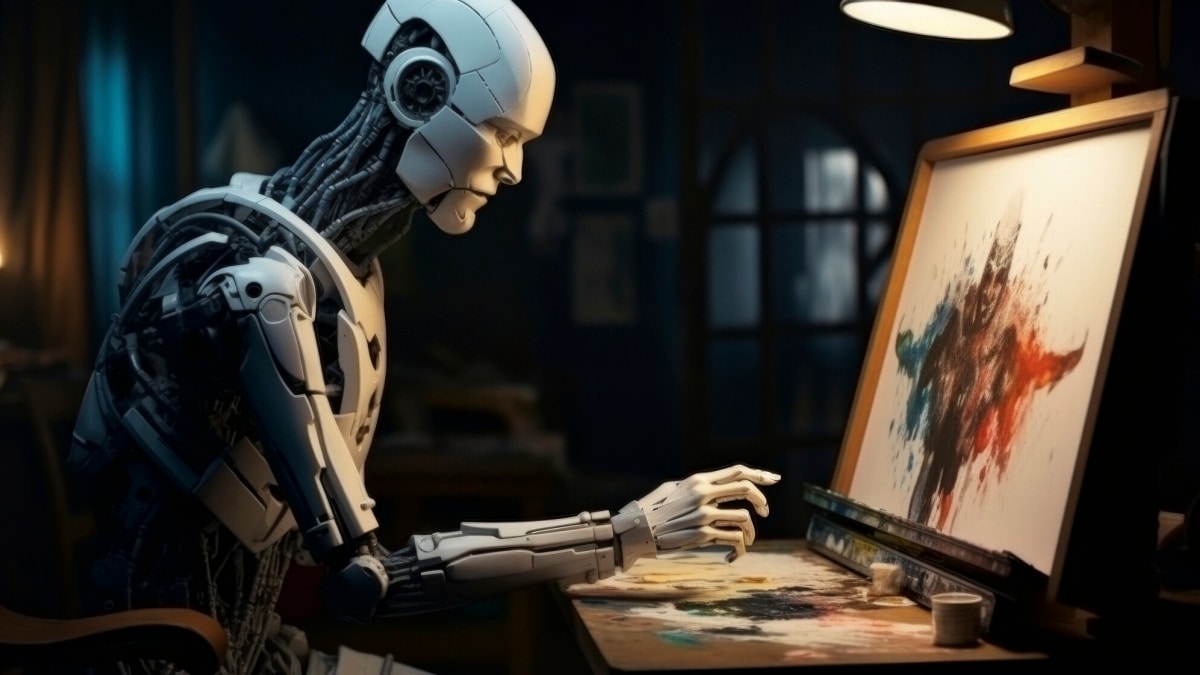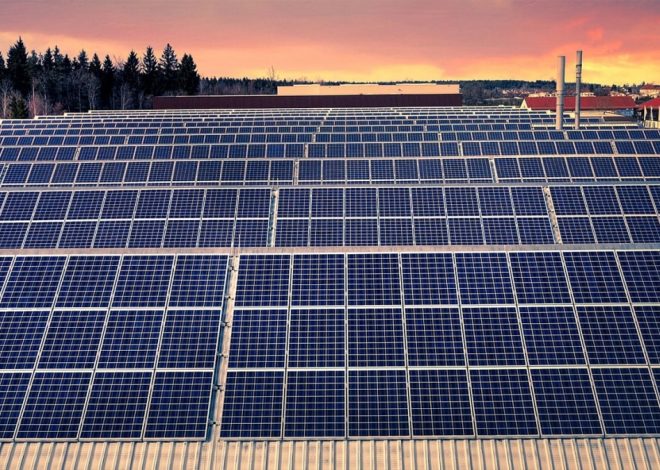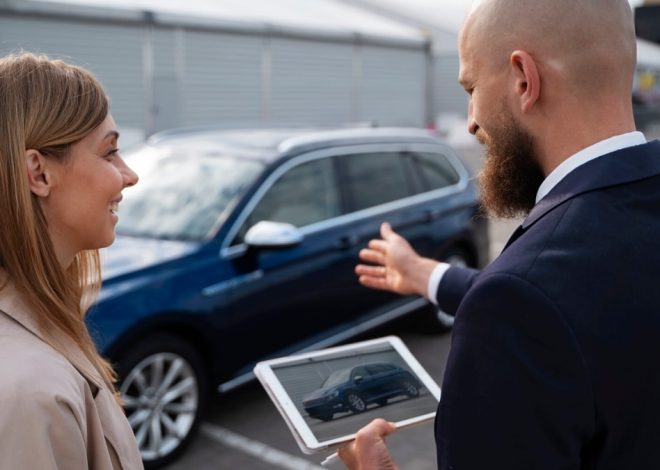
The Rise of AI Video Generators: What You Need to Know
AI have significantly transformed the way content is created, and one of the most exciting developments is AI-powered video generation. AI video generators allow users to create high-quality videos from text, images, or other videos with minimal effort, making video production more accessible than ever before. This technology is gaining traction in various industries, including marketing, entertainment, education, and personal content creation.
In this article, we will explore how AI video generators work, why they are becoming so popular, their major applications, challenges, and what the future holds for this revolutionary technology.
How AI Video Generators Work
AI video generator uses machine learning models, often based on deep learning, to analyze text, images, or video inputs and generate dynamic video content. These models are trained on vast datasets of visual and audio elements, allowing them to create realistic animations, voiceovers, and cinematic effects.
The most common types of AI video generation include:
- Text-to-Video AI– Users input a script, and the AI creates a video with corresponding visuals, animations, and voiceovers.
- Image to Video – AI enhances static images by animating elements and adding effects to create a video-like experience.
- Video to Video – AI modifies existing videos by adding special effects, changing styles, or even enhancing resolution.
AI-powered tools such as Runway, Synthesia, Pika, and OpenAI’s Sora have gained popularity by offering easy-to-use platforms that automate video production for businesses and creators.
Why AI Video Generators Are Gaining Popularity
The rise of AI video generators is driven by several key factors:
1. Efficiency and Cost Savings
Traditional video production requires time, skilled professionals, and expensive equipment. AI video generators eliminate the need for extensive resources by automating the process, significantly reducing costs and time.
2. Accessibility for Non-Professionals
Anyone, regardless of technical expertise, can now create high-quality videos using AI. This democratization of video production empowers content creators, small businesses, and educators to produce engaging content without relying on expensive software or professionals.
3. Personalization and Customization
AI video tools allow for highly personalized content creation, enabling brands and individuals to tailor videos to their audience. Features like AI-generated avatars, customized voiceovers, and real-time edits make it easier to create unique and targeted content.
4. Integration with Social Media and Marketing
The demand for video content on platforms like TikTok, Instagram Reels, and YouTube Shorts has skyrocketed. AI video generators provide an efficient way for businesses and influencers to produce engaging videos quickly, keeping up with the fast-paced digital landscape.
Major Applications of AI Video Generators
1. Marketing and Advertising
Businesses use AI-generated videos for advertisements, promotional content, and social media campaigns. AI tools allow brands to create eye-catching videos that drive engagement and conversions with minimal effort.
2. Content Creation for Social Media
Influencers and content creators leverage AI to generate videos that align with trends and audience preferences. AI-powered editing and animation tools help create visually appealing content in a fraction of the time.
3. Educational Videos and Training
AI-generated videos are widely used in e-learning, corporate training, and online courses. Platforms like Synthesia allow educators to create explainer videos with AI avatars and voiceovers, making learning more interactive and engaging.
4. Entertainment and Storytelling
Filmmakers and artists experiment with AI-generated content to create short films, animations, and music videos. AI can assist in generating backgrounds, animating characters, and even producing entire video narratives.
5. AI-Generated News and Reports
AI is being used to generate automated news reports, financial summaries, and sports highlights. This automation speeds up content delivery while maintaining accuracy and consistency.
Challenges and Concerns
Despite its advantages, AI video generation comes with its own set of challenges:
1. Ethical and Legal Concerns
AI-generated videos, particularly deepfakes, have raised concerns about misinformation and digital identity manipulation. The misuse of AI-generated content could have serious implications for privacy, security, and public trust.
2. Quality and Realism Limitations
While AI has made significant progress, AI-generated videos still struggle with perfect realism, natural motion, and lip-sync accuracy. Some results may appear robotic or lack emotional depth, which can impact user experience.
3. Copyright and Ownership Issues
The legal landscape around AI-generated content remains unclear. Questions about content ownership, intellectual property rights, and licensing must be addressed as AI video technology continues to evolve.
4. Computational Costs and Accessibility
High-quality AI video generation requires significant computing power, making some advanced tools expensive and inaccessible to individual creators or small businesses. However, ongoing improvements in AI models may reduce costs over time.
The Future of AI Video Generators
AI video generation is still in its early stages, but its potential is vast. Here are some key trends to watch in the coming years:
- Improved Realism – AI models will continue to improve, making generated videos more natural and indistinguishable from real footage.
- Real-Time AI Video Creation – AI may soon generate high-quality videos in real-time, allowing for dynamic and interactive content creation.
- Integration with AR and VR – AI-generated videos could play a crucial role in augmented reality (AR) and virtual reality (VR), enhancing gaming, simulations, and virtual experiences.
- More Ethical and Legal Regulations – As AI-generated content becomes mainstream, governments and tech companies will introduce regulations to address ethical concerns and copyright issues.
- Expanded Use in Industries – AI video generation will likely be adopted across healthcare, finance, and customer service, automating video-based communication and training.
Conclusion
AI video generators are revolutionizing video creation, making it easier, faster, and more cost-effective. Their applications span from marketing and education to entertainment and news, proving that AI is becoming an integral part of digital content production.
However, challenges such as ethical concerns, content quality, and legal uncertainties need to be addressed for AI-generated videos to reach their full potential. As technology advances, AI video generators will continue to reshape how we create and consume visual content, offering new opportunities and possibilities for creators and businesses alike.
For those looking to explore AI-powered video creation, now is the perfect time to experiment with emerging tools and stay ahead of this exciting trend.


